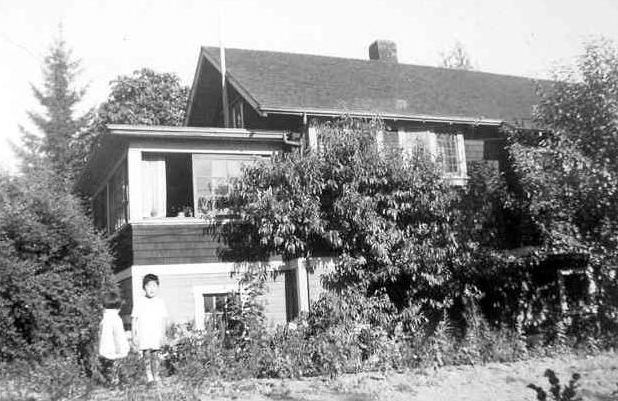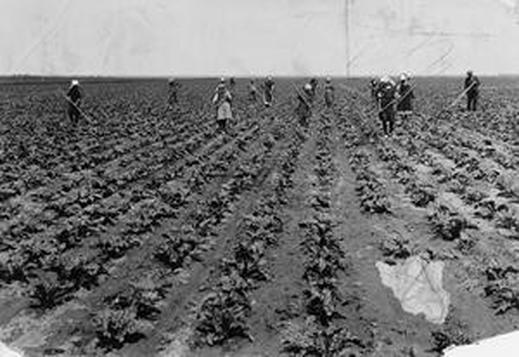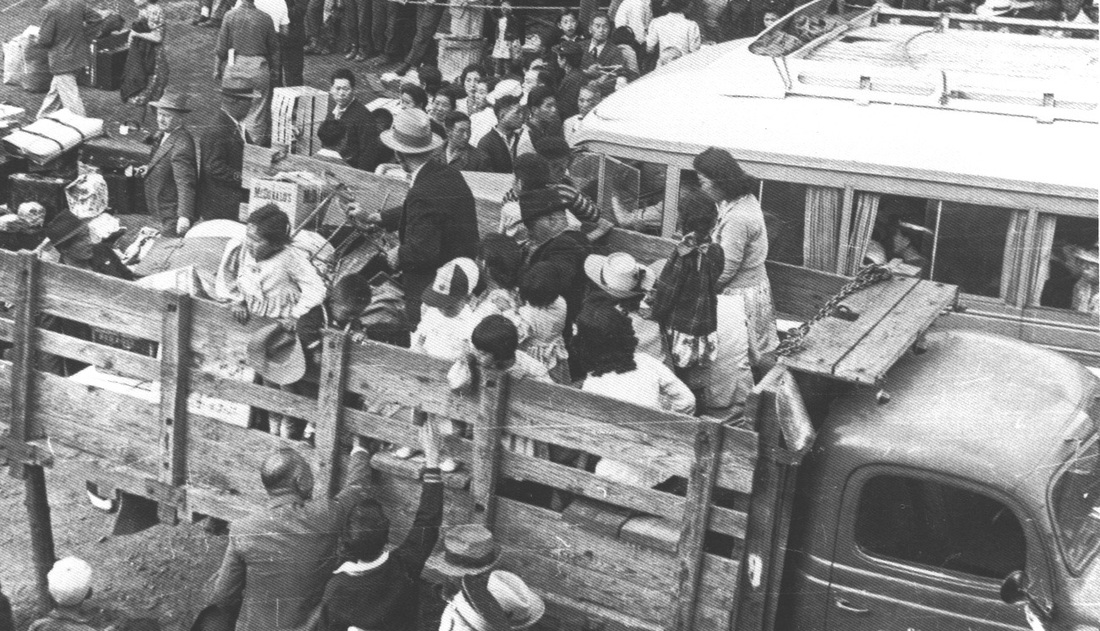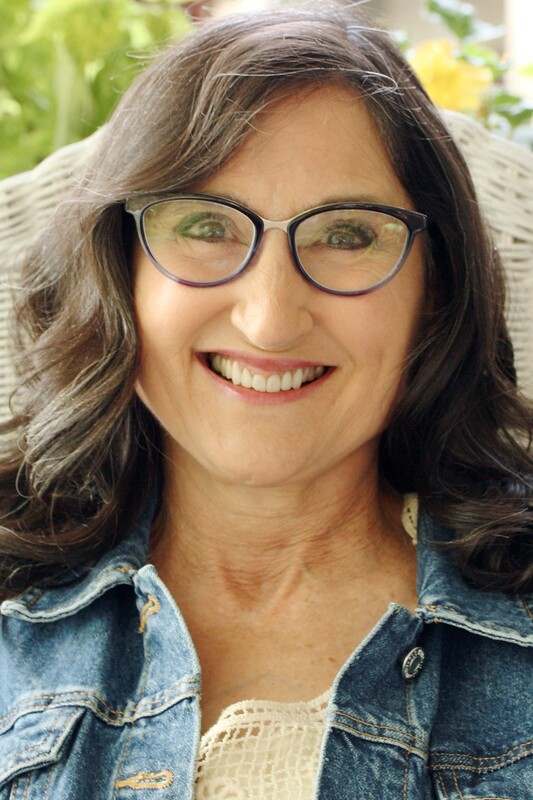|
Last week I told you about Joy Kogawa, a Canadian Japanese woman whose family was torn apart and interned during WWII. The family's home in Vancouver, British Columbia was confiscated and sold without their permission, as were their possessions.
They had to weed fields like these shown in the photo three times a year, and then harvest the beets. For five years, through blistering summers and freezing winters, the children, an aunt and an uncle lived in a one-room hut on a remote farm on the Alberta prairie.
When Japan bombed Pearl Harbor, Jo's mother and maternal grandmother were visiting relatives in Japan. Jo never heard from her mother again. Not until she was an adult did she learn her mother died after suffering terrible burns when Nagasaki was hit by the atomic bomb. Jo's father had died an early death in the internment hospital during the war.
How does one build a life from the shambles of a family staggering under the anguish of such bitter injustice?
The Canadian government and many citizens refused to acknowledge the wrong done to Japanese Canadians, but Joy realized the silence had gone on long enough. As Joy reflected on her experiences she began to write her novel Obasan, named for the aunt who cared for her during the internment and her teenage years. She mentioned two ideas in the book, which I believe helped her move beyond the evils that had happened to her. One she describes through the metaphor of remembering her grandfather’s woodworking. ““I can feel the outline of the plane with a wooden handle which he worked by pulling it towards him. There is a fundamental difference in Japanese workmanship--to pull with control rather than push with force.” Another insight comes from the Japanese ideograph for “love” which contains the root words heart, hand and action. The power of story also gives Joy courage. Writing her novel of one woman’s brokenness and journey toward healing brings not only helps mend her own heart, but harnesses the power of narrative to shine a light on history and move people to try and right the wrongs.
At last report, Joy Kogawa was working on a memoir entitled Gently, to Nagasaki. She says this project is the hardest thing she has ever done because she has had to "go to her personal hell" in search of mercy.
Mercy is necessary, Joy says, because so many people in the world live with a constricted fearful heart. They live with a scarcity mindset. Mercy moves us to an abundance mindset. For a longer interview with Joy Kogawa, click here... I've been struck by so many pieces of this story. I love the idea that action is integral to love. I'm pondering how Joy uses the word "mercy" where others might use "forgiveness." I'm wondering if I can have a mindset of abundance when I start to feel I don't have enough time in my day. What do you think? I'd love to hear your thoughts on this story. Leave you comments below. Comments are closed.
|
I'm fascinated to discover little-known history, stories of people and events that provide a new perspective on why and how things happened, new voices that haven't been heard, insight into how the past brought us here today, and how it might guide us to a better future.
I also post here about my books and feature other authors and their books on compelling and important historical topics. Occasionally, I share what makes me happy, pictures of my garden, recipes I've made, events I've attended, people I've met. I'm always happy to hear from readers in the blog comments, by email or social media. Archives
September 2023
Categories
All
|



